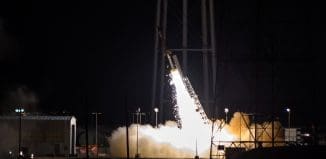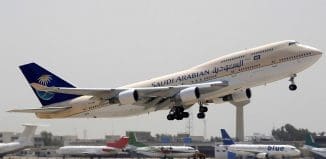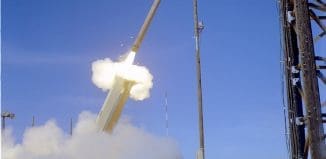ISIS Advances to Saudi Arabia
This post is also available in:  עברית (Hebrew)
עברית (Hebrew)
The Islamic State group is extending its reach in Saudi Arabia, expanding the scope of its attacks and drawing in new recruits with its radical ideology. Its determination to bring down the U.S.-allied royal family – as Saudi Arabia and other Gulf countries joined the U.S.-led campaign of airstrikes against IS in Syria this year – has raised concerns it could threaten the annual Muslim hajj pilgrimage later this month.
The terror organization has claimed four significant bombings since May, one of them in neighbouring Kuwait. And it has rapidly ramped up its rhetoric, aiming to undermine the Al Saud royal family’s legitimacy, which is rooted in part in its claim to implement Islamic Shariah law and to be the protectors of Islam’s most sacred sites in Mecca and Medina that are at the centre of hajj.
An attack last month in which IS claimed responsibility appeared to mark a significant spread in the group’s reach. Militants claiming loyalty to the group had already carried out three major bombings — two in eastern Saudi Arabia in May and one in Kuwait City in June, all targeting Shiite mosques and killing 53 people.
On Aug. 6, a suicide bomber attacked in western Saudi Arabia, hitting a mosque inside a police compound in Abha, 350 miles south of Mecca, killing 15 people in the deadliest attack on the kingdom’s security forces in years. Eleven of the dead belonged to an elite counterterrorism unit whose tasks include protecting the hajj pilgrimage.
The alleged affiliate that claimed responsibility for the August attack called itself the “Hijaz Province” of the Islamic State, its first claim of a branch in the Hijaz, the traditional name for the eastern stretch of the Arabian Peninsula where the holy cities are located. The previous attacks were claimed by the group’s “Najd Province,” the traditional name for the central heartland of the peninsula and the homeland of the Al Saud family.
Lori Boghardt, Gulf security analyst at the Washington Institute, said it would not be surprising if IS militants tried to take advantage of the hajj to stage an attack, particularly since the group has encouraged lone wolf operations. This year, the hajj begins Sept. 21 and is expected to draw some 3 million Muslims from around the world.
Little is known about the structure of the Islamic State group in Saudi Arabia. It is not known if the militants in the kingdom have direct operational ties with the group’s leadership based in its self-declared “caliphate” in Iraq and Syria — or if they simply operate independently in the group’s name.






























